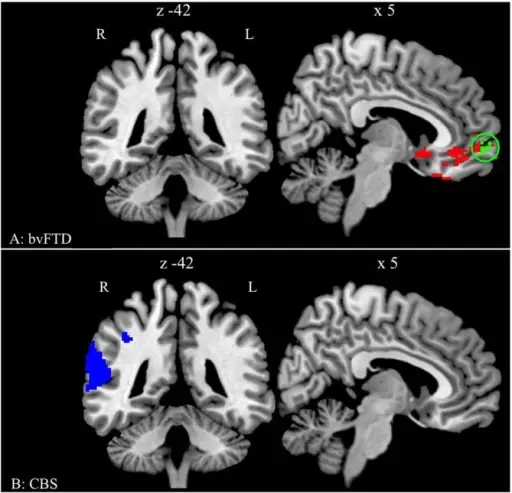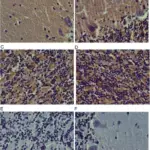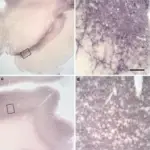Frontotemporal degeneration is a group of disorders that occur when nerve cells in the frontal and temporal lobes of the brain are lost.
What is the Pathology of Frontotemporal Degeneration?
Etiology: The cause of Frontotemporal degeneration is unknown.
Genes involved: Mutations in the MAPT gene on chromosome 17.
Pathogenesis: Frontal lobe neuronal degeneration.
Histology: The histology associated with Frontotemporal degeneration shows four major types of features microvacuolation without neuronal inclusions, and gliosis.
How does Frontotemporal Degeneration Present?
Patients with frontotemporal degeneration typically are typically older. It is equally common in males and females. The signs and symptoms include abnormal social behavior, lack of inhibition, lack of judgement, and tremors.
How is Frontotemporal Degeneration Diagnosed?
Frontotemporal degeneration is diagnosed by hitsory and physical exam.
How is Frontotemporal Degeneration Treated?
Frontotemporal degeneration has no cure. Antidepressants and antipsychotics may be helpful.
What is the Prognosis of Frontotemporal Degeneration?
The prognosis of Frontotemporal degeneration is poor.



